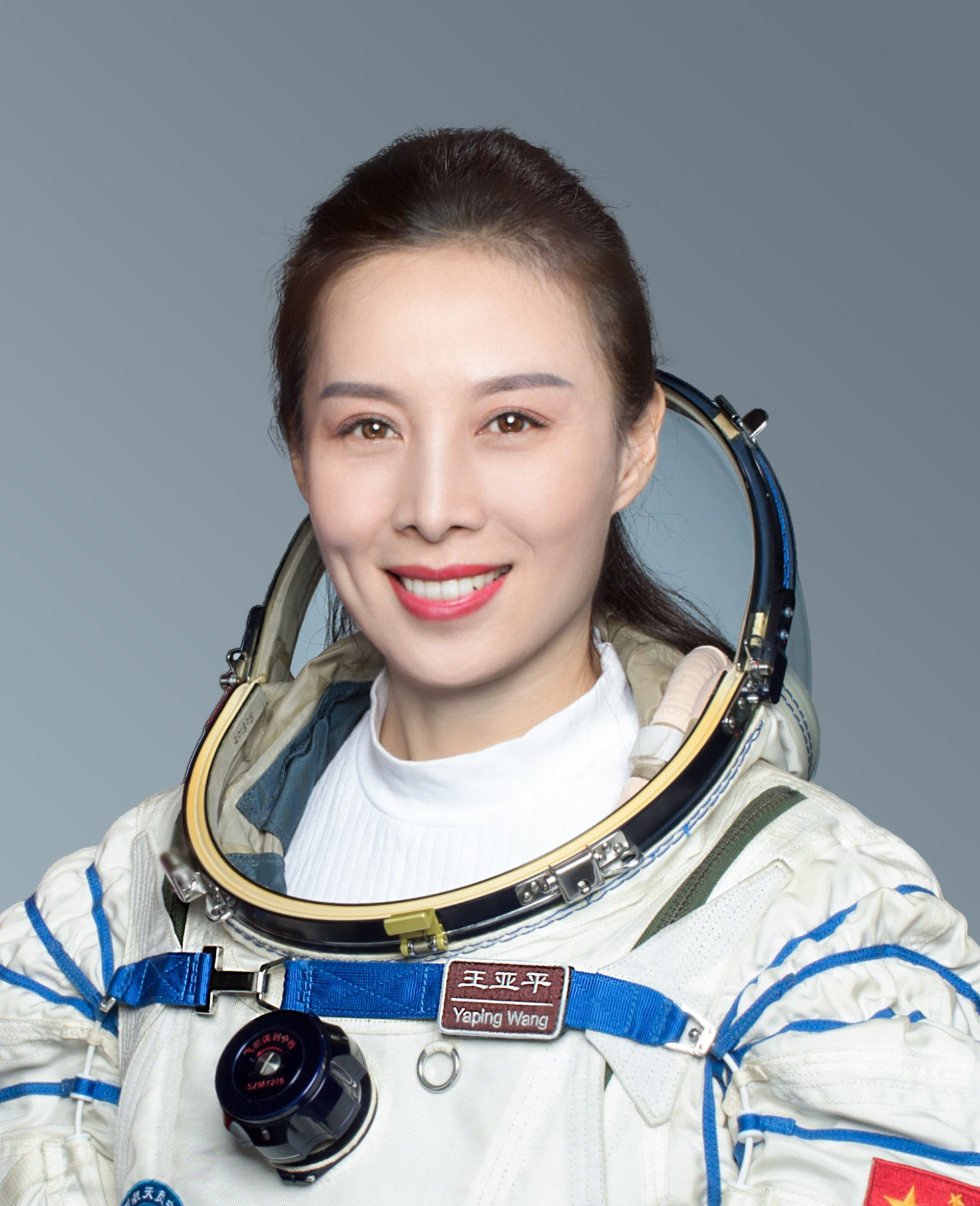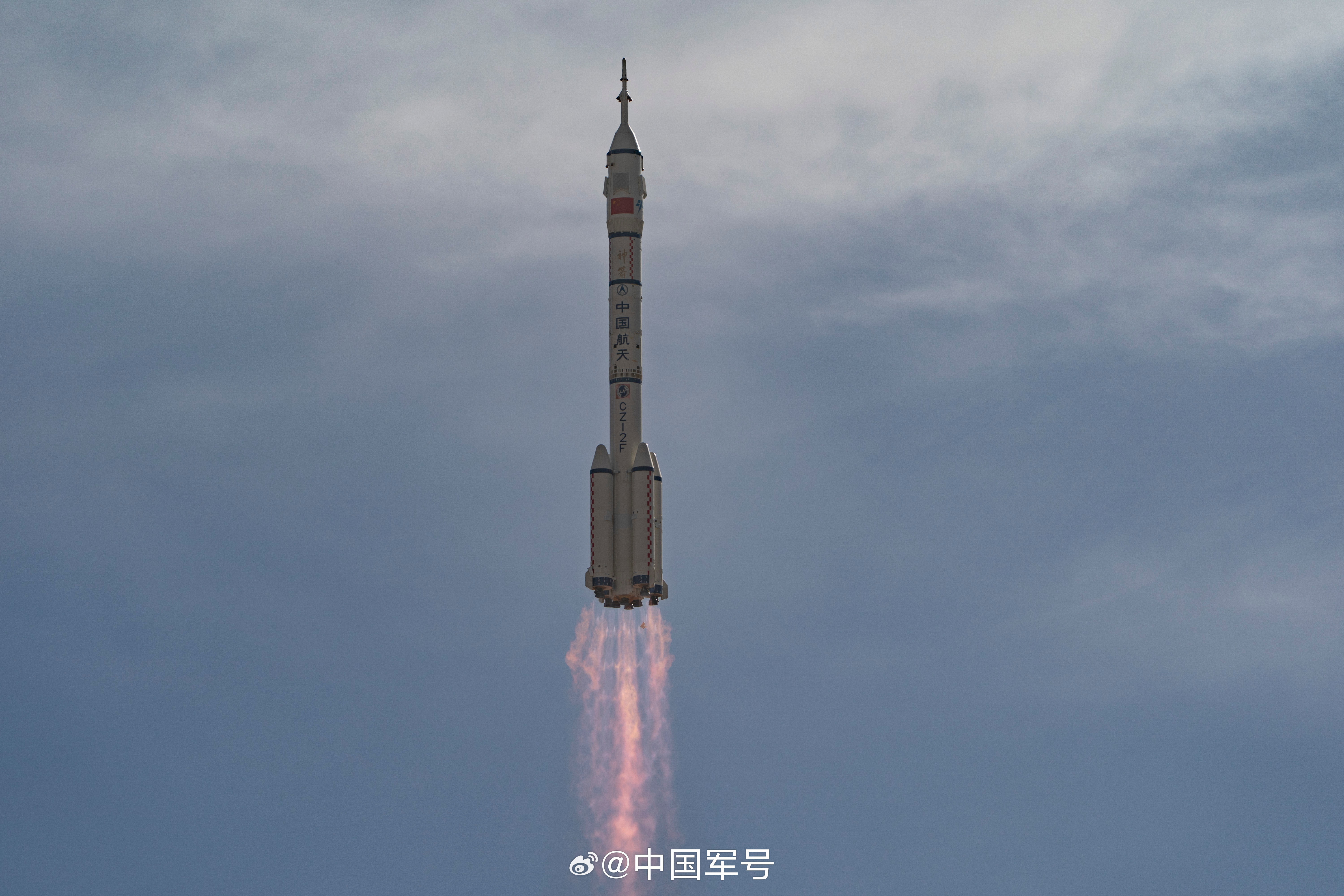Wang Yaping
Chinese - (CNSA)
Active
Date of Birth: Jan. 27, 1980
Age: 46
Colonel Wang Yaping is a Chinese military pilot and astronaut. Wang was the second female astronaut to be named by the CNSA, and the second Chinese woman in space. She was a candidate for the space mission Shenzhou 9 in 2012. However, Liu Yang was selected over her for the historic mission of the first Chinese female space traveller. Wang was a member of the backup crew for SZ-9. Wang became the second Chinese female astronaut as a member of the Shenzhou 10 spaceship crew, which orbited the earth in June 2013, and of the Tiangong-1 orbiting space station with which it docked. She was the first member of the crew announced, in April, while the remainder of the crew were announced in June. Wang Yaping was one of two women in space on the 50th anniversary of Vostok 6, the first spaceflight by a woman, Valentina Tereshkova. The other woman in space on 16 June 2013 was Karen Nyberg, an American astronaut aboard the International Space Station. While aboard Tiangong-1, Wang conducted scientific experiments and taught a physics lesson to Chinese students by live television broadcast.
Long March 2F/G | Shenzhou-10
China Aerospace Science and Technology Corporation | ChinaJiuquan Satellite Launch Center, People's Republic of China
June 11, 2013, 9:38 a.m.
Status: Success
Mission:
This isthe fifth crewed mission for China's Shenzhou program which lasted 15 days. Shenzhou-10 began its mission by bringing Nie Haisheng, Zhang Xiaoguang and Wang Yaping to the Tiangong-1 space station. During their 12-day stay at the station astronauts conducted space medicine and technological experiments, and Wang Yaping gave a lecture for over 60 million Chinese students. On 23 June undocked from the station and performed manual re-docking procedure, which was one of the objectives of the mission. On 25 June Shenzhou-10 undocked from the station and landed safely on the morning of the next day.
Low Earth OrbitLong March 2F/G | Shenzhou 13
China Aerospace Science and Technology Corporation | ChinaJiuquan Satellite Launch Center, People's Republic of China
Oct. 15, 2021, 4:23 p.m.
Status: Success
Mission:
Second crewed flight to the Chinese Tiangong space station carrying Zhai Zhigang, commander, Wang Yaping and Ye Guangfu, operators, on their second, second and first spaceflight respectively. Their mission duration onboard the TSS is 6 months, the longest so far in Chinese spaceflight.
Low Earth OrbitThe China National Space Administration (CNSA) is the national space agency of the People's Republic of China. It is responsible for the national space program and for planning and development of space activities. CNSA and China Aerospace Corporation (CASC) assumed the authority over space development efforts previously held by the Ministry of Aerospace Industry. The CNSA has many launch sites around China with their orbital sites located in Jiuquan, Xichang, Taiyuan and Wenchang.
Falcon 9
Crew-12
Space Launch Complex 40 - Cape Canaveral SFS, FL, USASpaceX Crew-12 is the twelfth crewed operational flight of a Crew Dragon spacecraft to the International Space Station as part of NASA's Commercial C…
Ariane 64
Amazon Leo (LE-01)
Ariane Launch Area 4 - Guiana Space Centre, French GuianaAmazon Leo, formerly known as Project Kuiper, is a mega constellation of satellites in Low Earth Orbit that will offer broadband internet access, thi…
Vulcan VC4S
USSF-87
Space Launch Complex 41 - Cape Canaveral SFS, FL, USAUSSF-87 will launch two identical Geosynchronous Space Situational Awareness Program (GSSAP) satellites GSSAP-7 and GSSAP-8 directly to a near-geosyn…
Proton-M
Elektro-L No.5
81/24 (81P) - Baikonur Cosmodrome, Republic of KazakhstanElektro-L is a series of meteorological satellites developed for the Russian Federal Space Agency by NPO Lavochkin. They are designed to capture real…
Smart Dragon 3
PRSC-EO2 & 6 satellites
South China Sea (launch location 3) - Haiyang Oriental SpaceportCarried 7 satellites to sun-synchronous orbit, including PRSC-EO2 (Earth observation satellite for the Pakistan government's SUPARCO) & CUHK-1. Detai…



